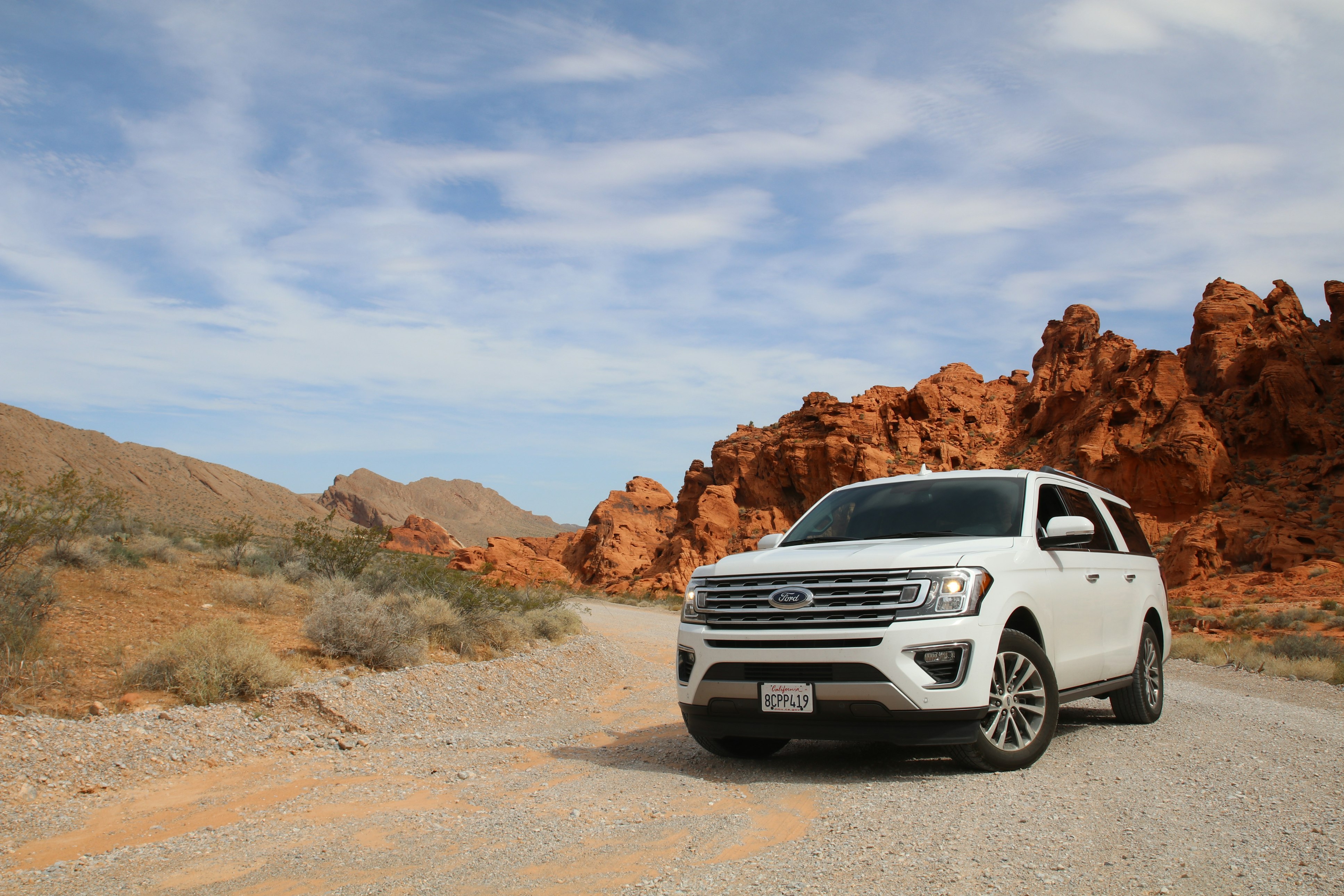
Best Value Family Cars for 2025
A comprehensive guide to the most cost-effective family vehicles
In an era of rising living costs and increasing environmental awareness, finding a family vehicle that balances affordability, practicality, and efficiency has never been more crucial. Our comprehensive analysis reveals the most cost-effective family vehicles for 2025, considering purchase price, operating costs, depreciation, and real-world value.
How We Evaluated Cost-Effectiveness
Our analysis considers multiple factors that impact the total cost of ownership:
- Initial purchase price
- Fuel/energy costs
- Insurance rates
- Maintenance expenses
- Depreciation
- Tax incentives and rebates
- Reliability ratings
- Cargo and passenger capacity
Top Electric Family Vehicles
1. Hyundai IONIQ 7
- Starting price: $45,000
- Range: 350 miles
- Federal tax credit eligible: Yes
- 5-year cost of ownership: $52,000
Why it’s a winner: The IONIQ 7 combines generous interior space with exceptional efficiency and a competitive price point. The 350-mile range eliminates range anxiety for most families, while the spacious three-row configuration accommodates growing families.
2. Volkswagen ID.7 Tourer
- Starting price: $42,000
- Range: 330 miles
- Federal tax credit eligible: Yes
- 5-year cost of ownership: $49,500
Why it’s a winner: This wagon-style EV offers exceptional cargo space and European refinement at a reasonable price point. Low maintenance costs and strong residual values make it a smart long-term investment.
Hybrid Family Vehicles
1. Toyota Grand Highlander Hybrid
- Starting price: $39,000
- Fuel economy: 36 mpg combined
- 5-year cost of ownership: $47,000
Why it’s a winner: Toyota’s reliability combined with excellent fuel economy makes this three-row SUV a practical choice for larger families. The hybrid powertrain delivers significant fuel savings without compromising performance.
2. Honda CR-V Hybrid
- Starting price: $32,000
- Fuel economy: 40 mpg combined
- 5-year cost of ownership: $41,000
Why it’s a winner: The perfect balance of utility, efficiency, and value. Strong resale values and Honda’s reputation for reliability make this a smart financial choice.
Traditional Gas-Powered Options
1. Mazda CX-90
- Starting price: $38,000
- Fuel economy: 28 mpg combined
- 5-year cost of ownership: $48,000
Why it’s a winner: Premium feel at mainstream prices, with excellent safety features and strong reliability ratings. The efficient turbocharged engine provides a good balance of power and economy.
Cost-Saving Features to Look For
Advanced Safety Systems
Modern safety features can reduce insurance costs and prevent expensive accidents:
- Automatic emergency braking
- Lane departure warning
- Blind spot monitoring
- Rear cross-traffic alert
Efficient Powertrains
Look for vehicles with:
- Start-stop technology
- Advanced transmission systems
- Aerodynamic design features
- Low rolling resistance tires
Long-Term Value Considerations
Reliability Rankings
Based on comprehensive reliability data, these manufacturers stand out:
- Toyota/Lexus
- Honda/Acura
- Hyundai/Kia
- Mazda
- Subaru
Depreciation Leaders
Vehicles with the strongest 5-year value retention:
- Toyota Highlander: 60%
- Honda CR-V: 58%
- Hyundai IONIQ 5: 55%
- Mazda CX-90: 54%
Operating Cost Comparison
Annual Energy/Fuel Costs (15,000 miles)
- Electric vehicles: $500-800
- Hybrids: $1,000-1,400
- Gas-only: $1,800-2,500
Maintenance Costs (5-year average)
- Electric vehicles: $2,800
- Hybrids: $3,500
- Gas-only: $4,200
Smart Shopping Strategies
Best Time to Buy
- End of calendar year
- Model year changeover
- End of month/quarter
- Holiday sales events
Negotiation Tips
- Research market values
- Compare multiple dealers
- Consider previous model years
- Look for manufacturer incentives
- Consider lease-end purchases
Environmental Impact
While cost is a primary consideration, environmental impact increasingly affects long-term value:
- Electric vehicles: Zero direct emissions
- Hybrids: 20-30% lower emissions than gas
- Modern gas vehicles: Improved efficiency but higher lifetime emissions
Conclusion
The most cost-effective family vehicle choice depends on your specific needs and circumstances. However, the trend is clear: electrified vehicles (both full EVs and hybrids) generally offer the lowest total cost of ownership over a 5-year period, particularly when factoring in tax incentives and lower operating costs.
For 2025, the Hyundai IONIQ 7 and Honda CR-V Hybrid stand out as particularly strong values, offering excellent combinations of practicality, efficiency, and long-term value retention. However, traditional gas-powered vehicles like the Mazda CX-90 remain competitive when considering initial purchase price and flexibility.
Remember to consider your specific needs, driving patterns, and local infrastructure when making your decision. The most cost-effective choice is the one that best fits your family’s unique requirements while providing reliable, efficient transportation for years to come.